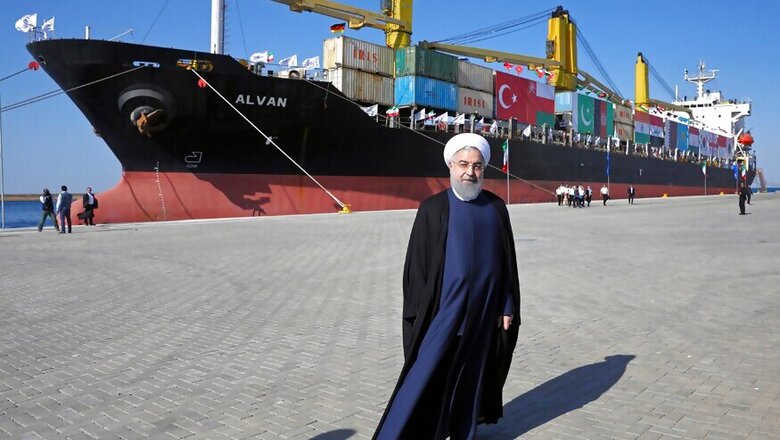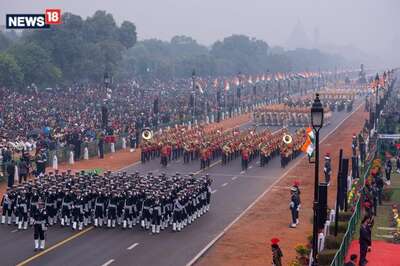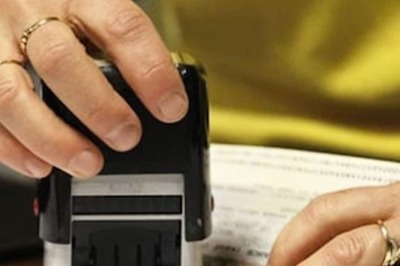
views
New Delhi: When Iranian President Hassan Rouhani inaugurated the first segment of the four-phased Chabahar Port on Sunday – India, Afghanistan and Iran materialised a 15-year-long plan. It also ended India pampering Pakistan for issuing transit licenses for venturing into the landlocked country via Pakistani soil.
The $1 billion extension of the strategic port, located in the south-eastern province of Sistan-Balochistan in Iran, aims to connect Iran, Afghanistan and Central Asian countries. It is easily accessed from India's western coast, thus bypassing Pakistan.
India can now skip its immediate neighbour in transporting goods to Afghanistan, the need for a license, no more.
For years, the Indian government has been trying to persuade Pakistan to allow it to transport goods to Afghanistan using the land route, as the latter is a landlocked country sharing borders with Pakistan. New Delhi got Afghanistan included in the South Asian Association for Regional Cooperation (SAARC) in 2007 in order to ensure connectivity among all countries in South Asia but Pakistan did not budge.
In 2010, when Pakistan and Afghanistan signed a connectivity pact on transit trade, it was expected that Indian goods would be allowed to pass through Pakistan. However, the neighbours were stubborn and did not allow Afghan trucks to come up to the Indian border at Attari, Punjab, or take back Indian goods.
According to Reuters, post the inking of the Chabahar deal, Pakistan said, “India is trying to use Afghanistan as a base to destabilise Pakistan and has long blocked India from conducting bilateral trade with Afghanistan using its territory as transit."
The inauguration of the port project comes almost 15 years after India and Iran first formally agreed to develop the Chabahar port in January 2003.
While India and Iran are signatories to the port development project, a second agreement on connectivity was also inked by India, Iran and Afghanistan.
The pact allows Afghanistan to use Chabahar port to ship its goods to markets like India, thereby reducing its dependence on Pakistan and its Karachi port. The port development pact and connectivity agreement were signed during Prime Minister Narendra Modi’s visit to Tehran in May 2016.
In October, this year, India flagged off a shipment of wheat for Afghanistan through Iran’s Chabahar port, marking the operationalisation of the port for the trans-shipment of goods from India to the landlocked country. This also meant that Afghanistan would not need to be wholly dependent on Pakistan’s Karachi port for sending its goods out to global markets.
Indian External Affairs Minister Sushma Swaraj had also stopped by in Tehran on Friday at lunch to hold a meeting with her Iranian counterpart, Javed Zarif, to review the implementation of the Chabahar Port.



















Comments
0 comment